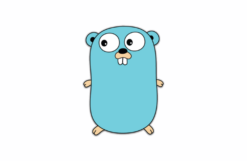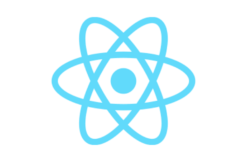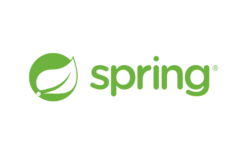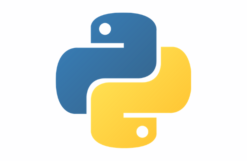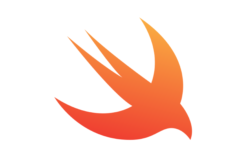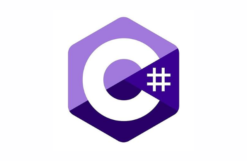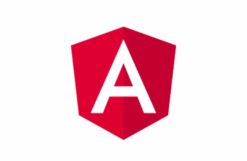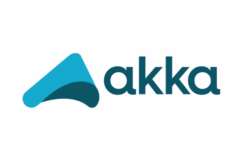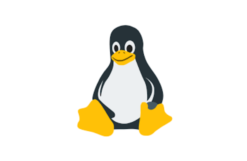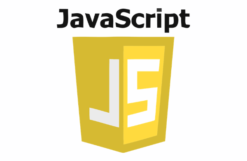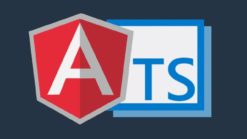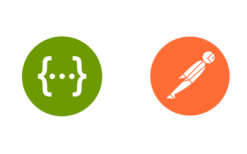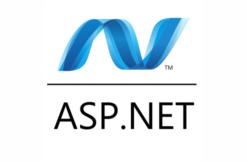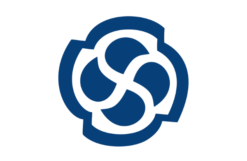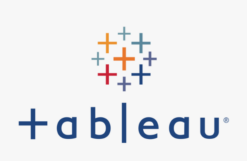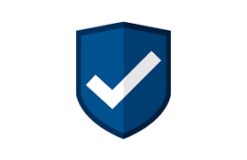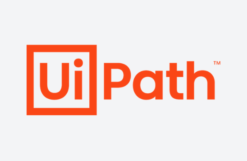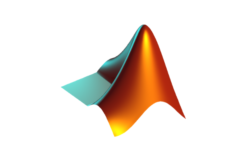Duration: 5 days – 35 hrs.
Overview
The Comprehensive Java Standard Edition (SE) Course is designed to provide participants with a thorough understanding of Java programming, including data types, control statements, object-oriented programming (OOP), and graphical user interface (GUI) development using Java Swing and Java AWT. Participants will also learn how to implement CRUD (Create, Read, Update, Delete) operations in Java applications and integrate Java with SQL Server Database for data manipulation.
Objectives
- Introduction to Java: Familiarize participants with the basics of Java programming language, its history, and key features.
- Core Java Concepts: Introduce participants to fundamental Java concepts, including data types, variables, operators, and control statements.
- Object-Oriented Programming (OOP): Provide a comprehensive understanding of OOP principles such as encapsulation, inheritance, polymorphism, and abstraction.
- Java Development Environment: Set up the Java development environment and become proficient in using the Java Development Kit (JDK).
- Java Standard Libraries: Explore essential Java Standard Libraries and their usage in building robust and efficient applications.
- Exception Handling: Learn how to handle exceptions gracefully to ensure reliable and error-free Java programs.
- Input and Output Operations: Acquire skills in reading and writing data from/to various sources using Java I/O classes.
- Collections Framework: Understand the Collections Framework and how to manipulate data structures such as lists, sets, and maps.
- Multithreading and Concurrency: Discover techniques for creating multithreaded Java applications, enabling concurrent execution.
- Java GUI Development: Master the art of building graphical user interfaces (GUI) using Java Swing and AWT.
- Database Connectivity: Learn how to connect Java applications with databases and perform CRUD operations.
- File Handling: Gain proficiency in file handling operations, enabling data storage and retrieval.
Audience
- Aspiring Java developers
- Software engineers transitioning to Java programming
- Anyone interested in learning Java SE and GUI development
Pre- requisites
- Basic programming knowledge (preferably in any programming language)
- Familiarity with fundamental programming concepts (variables, loops, etc.)
Course Content
Module 1: Introduction to Java
- History and features of Java
- Java development environment setup
- Writing and running Java programs
Module 2: Comparison of Java SE and Java EE
- Overview of Java SE and Java EE platforms
- Understanding the differences and use cases for each platform
Module 3: Java Development Kit (JDK)
- Installing JDK and setting up the development environment
- Utilizing JDK tools for Java programming
Module 4: Java Data Types
- Primitive data types in Java (int, double, char, etc.)
- Non-primitive data types (Arrays, Strings, etc.)
Module 5: StringBuilder Class
- String manipulation using the StringBuilder class
- Enhancing performance and memory utilization
Module 6: Scanner Class
- Reading user input with the Scanner class
- Handling user interactions in Java applications
Module 7: Control Statements
- Conditional statements (if-else, switch)
- Looping statements (for, while, do-while)
Module 8: CRUD Implementation
- Understanding CRUD operations (Create, Read, Update, Delete)
- Implementing CRUD functionality in Java applications
Module 9: Java Swing and Java AWT
- Introduction to Java GUI development
- Creating graphical interfaces using Java Swing and Java AWT
Module 10: Java Object-Oriented Programming (OOP)
- Concepts of OOP (Encapsulation, Inheritance, Polymorphism, Abstraction)
- Using classes and objects in Java applications
Module 11: Implementation of OOP
- Applying OOP principles in Java programs
- Designing and developing object-oriented Java applications
Module 12: Java CRUD with SQL Server Database
- Connecting Java applications to SQL Server Database
- Implementing CRUD operations with database interaction


